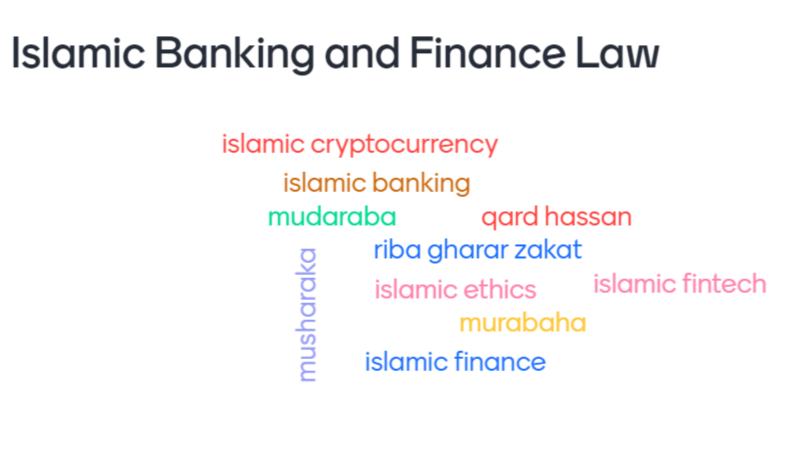The Principles and Practices of Islamic Banking: A Comparative Analysis with Conventional Banking
By Niilo Hämäläinen,
Edited by Sanaa Kadi.

Islamic banking is distinct from the conventional banking system, it stands out as a unique system guided by Shariah principles. This blog post aims to illuminate the basic differences and commonalities between Islamic banking, and its conventional counterpart, shedding light on their fundamental principles and operational frameworks.
Islamic Banking: Principles and Practices
Islamic banking operates under the principles of Shariah, which prohibits the charging or paying of interest (riba) and promotes ethical and socially responsible financial transactions. Instead of interest-based lending, Islamic banks engage in profit- and loss-sharing (mudaraba) and asset-backed financing (murabaha), where the bank and the client share profits and risks. Additionally, Islamic banking prohibits investments in sectors deemed non-compliant with Shariah principles, such as gambling and alcohol.[1]
Conventional Banking: Principles and Practices
On the other hand, conventional banking operates within a secular framework, where interest-based transactions are common. Banks charge interest on loans and provide fixed interest rates on deposits, aiming to maximize profits for shareholders. Conventional banking focuses primarily on financial returns, with less emphasis on ethical considerations or adherence to religious principles.[2]
Comparative Analysis
A key difference between Islamic banking and conventional banking lies in the treatment of interest. While Islamic banking prohibits riba, conventional banking relies heavily on interest as a primary source of revenue. This fundamental distinction shapes various aspects of banking operations, including lending practices, investment criteria, and risk management approaches.[3]
However, despite these differences, Islamic banking and conventional banking share certain commonalities. Both systems aim to mobilize savings, allocate capital efficiently and facilitate economic growth. Moreover, both types of banks provide similar services such as deposit-taking, lending and investment management.[4]

Conclusion
In conclusion, Islamic banking and conventional banking represent two distinct paradigms in the financial industry, each guided by its own set of principles and practices. Islamic banking emphasizes ethical and socially responsible finance, grounded in Shariah principles, while conventional banking prioritizes profit maximization within a secular framework. Understanding the basic differences and commonalities between these two systems is essential for policymakers, investors, and consumers seeking to navigate the complexities of the global financial landscape.
References:
[1] Bellalah, M., Chayeh, Z., & Ghayad, R. (2014) On Islamic Banking, Performance and Financial Innovations. Cambridge Scholars Publishing. Available at: https://search-ebscohost-com.libproxy.helsinki.fi/login.aspx?direct=true&db=e000xww&AN=871011&site=ehost-live&scope=site (Accessed: 18 April 2024).
[2] Lin, H.-Y., Farhani, N. H., & Koo, M. (2016) The Impact of Macroeconomic Factors on Credit Risk in Conventional Banks and Islamic Banks: Evidence from Indonesia. International Journal of Financial Research, 7(4), pp. 105–107. Available at: https://www.researchgate.net/publication/304810961_The_Impact_of_Macroeconomic_Factors_on_Credit_Risk_in_Conventional_Banks_and_Islamic_Banks_Evidence_from_Indonesia#pf3 (Accessed: 18 April 2024).
[3] Gassouma, M. S., Ben Hamed, A., & El Montasser, G. (2021) Investigating similarities between Islamic and conventional banks in GCC countries: a dynamic time warping approach. Munich Personal RePEc Archive. Available at: https://mpra.ub.uni-muenchen.de/113522/1/MPRA_paper_113522.pdf (Accessed: 18 April 2024), pp. 1–7.
[4] Lin et al., (2016), p. 105–107.
